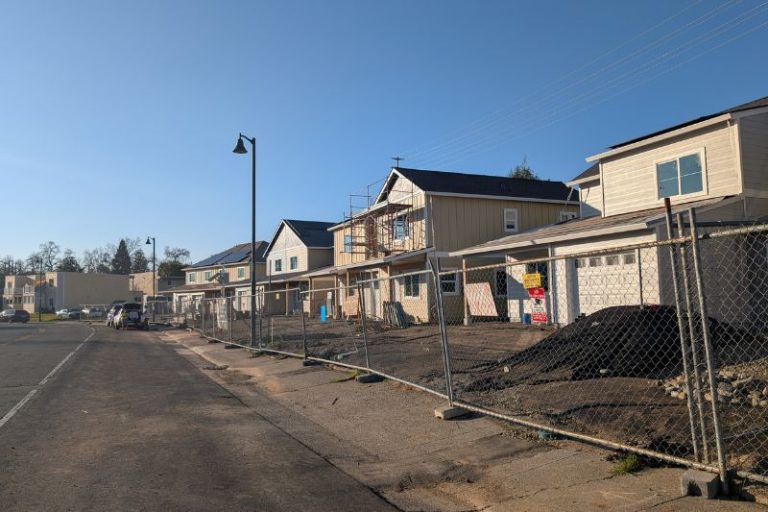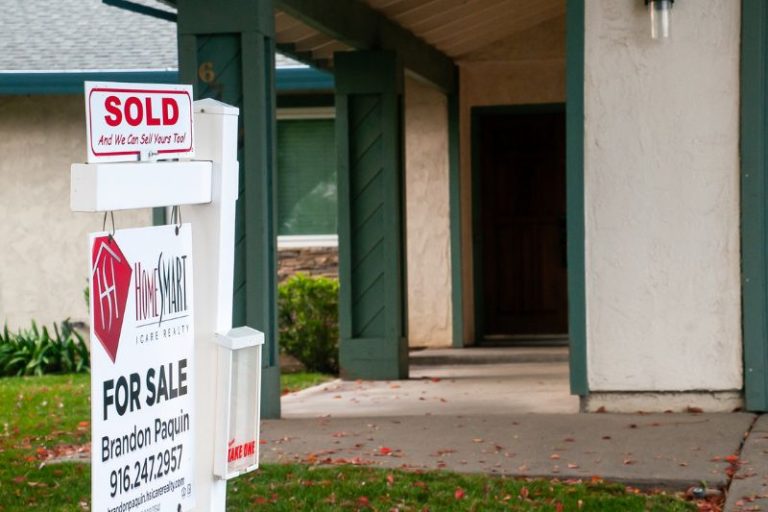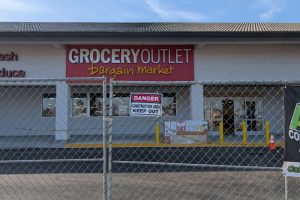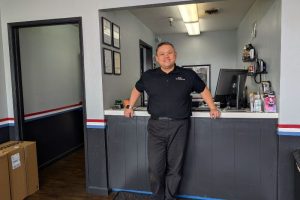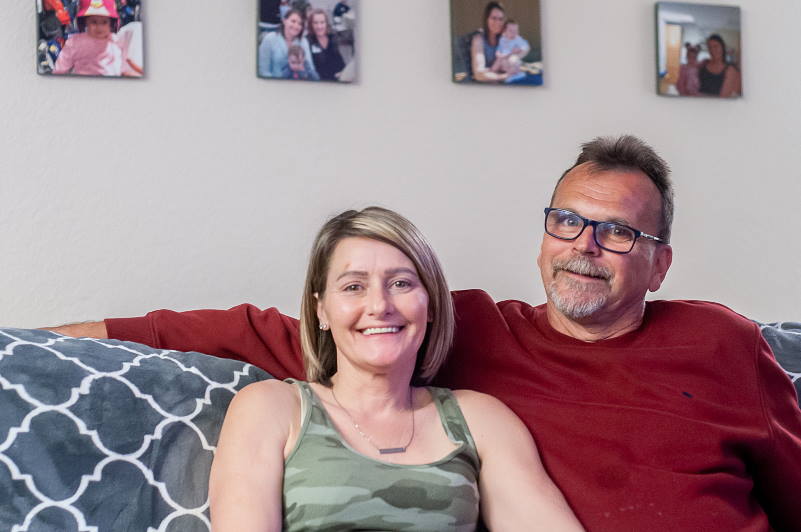
By Mike Hazlip–
Greg Dunn, who has been leading efforts to clean up a homeless camp behind his condos in Citrus Heights, says he can empathize with those living on the streets because of his own journey.
Dunn is a board member at Coventry Square condominiums near Auburn Boulevard and Interstate 80, where the association last month took measures to clean up a homeless camp nestled behind a row of storage units on private property near the back of the complex.
From last month: Cleanup begins at homeless camp behind Citrus Heights condos
In an interview with The Sentinel, Dunn said the effort caused him to reflect on his past struggles with addiction and homelessness: “I’ve been there, homeless, and a drug addict and over 18 years ago I was given a chance and today I’m a home owner,” he said.
Dunn said he started drinking as a freshman in high school because he found that alcohol numbed feelings of guilt and remorse over childhood trauma.
“What was the solution to the problem eventually became the problem,” he said.
His drinking increased over the next four years yet Dunn still refused to admit he had a problem. Eventually, a friend had an accident while driving drunk during their senior year.
“But I didn’t have a problem,” he said sardonically. “Seventeen years old and you’re drinking that much, and still functioning. It went from alcohol to cocaine to methamphetamine.”
Dunn says the lifestyle can be a kind of addiction in itself as the search for drug dealers eventually leads to the reward of a hit.
“For me, part of the addiction for drugs let’s say, is getting up, following the person, going to chase the bag as they say,” Dunn said. “That’s almost as much of an adrenaline rush as getting high itself.”
Despite his addiction, Dunn says he always managed to keep working. He avoided some of the more serious criminal charges that many others fall into, but still racked up a number of felony drug charges.
As his addiction continued, he drifted from one place to the next for years.
“You go from couch to couch, finally you run out of couches,” he said. “You wind up behind a fence. God came in and said that’s enough, you need to make a change.”
After his third arrest, Dunn said his parents paid for recovery, but he was kicked out after three weeks of in-patient treatment.
“I showed up Christmas morning at my parents house,” he said. “One last time, and my Dad said ‘You gotta go, I’m not going to love you to death,’ and at that point, that was the turning point.”
Dunn was 39 when his parents kicked him out of the house after more than 20 years of using alcohol and drugs. Although he says he initially resented his father for the decision, but the desperation forced him to seek treatment and he now looks back on the decision as a “gift of desperation.”
The next day, Dunn checked in at a clean and sober living facility in Fair Oaks known as “Mad House” on Madison Avenue.
“I met some men that provided me the opportunity to clean up the wreckage of my past and introduce me to a new way of living which is through a God of my understanding,” he said. “Basically, they put my hand in the hand of God. From that point, with that relationship, life’s got really good.”
After nine months of sobriety, Dunn started working at Scott’s Seafood, eventually becoming executive chef during his 17-year career at the prestigious Folsom restaurant. Working at the restaurant has helped Dunn pay off old debts and traffic violations, and eventually achieve his dream of owning his own home.
Related: Citrus Heights homeless ‘navigator’ shares update on progress, challenges
Faith has made a significant impact for Dunn who says he would be dead, in prison, or in jail if he had not turned his life around. Greg and his wife Kelly attend Harbor Church in Folsom and stay active in their recovery groups, where part of the recovery process is sharing their stories.
“My relationship with God, absolutely, 100%. Without him,” Dunn said, his voice trailing off as he became emotional. “That’s my story.”
Now, after 19 years of sobriety, Dunn wants to help others struggling with addiction. And for the homeless camp behind his condominium complex, Dunn says moving people from place to place is not a lasting solution.
“I can relate my story, probably to some of these people that are homeless back there,” he said. “I think we can show them a different way. Let’s get them cleaned up, let’s get them a place to stay, let’s get them some job training, and get them a job.”
Want to share your thoughts on this story? The Sentinel welcomes letter to the editors or opinion columns for publication. To submit one online, click here.




